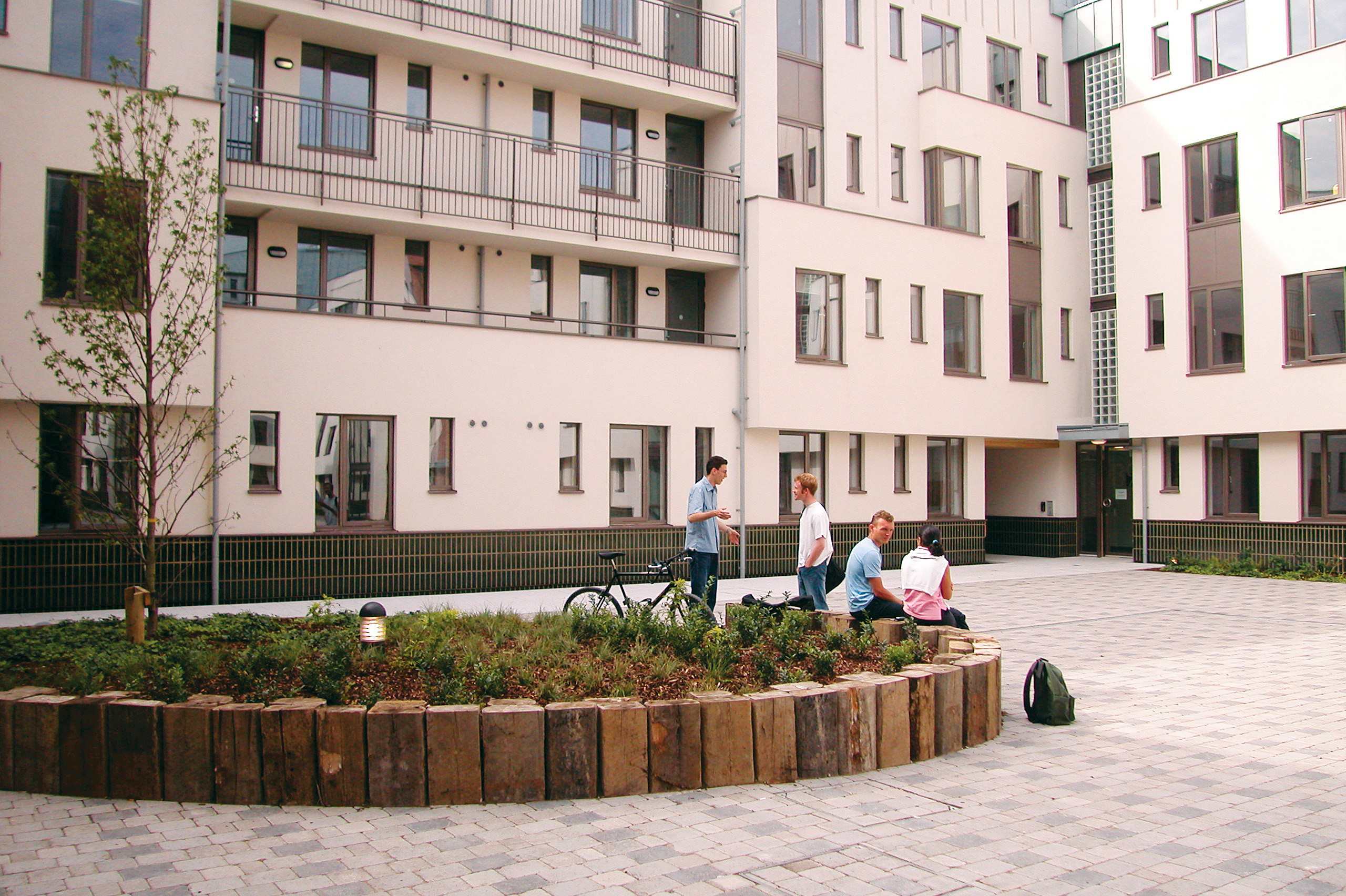In January, the Trinity’s Health Promotion Officer visited Trinity College Dublin Students’ Union (TCDSU) Council to present a proposal which had been circling: the idea of expanding Trinity’s tobacco-free campus to Trinity Hall. The presentation was informal, and designed as an effort to seek feedback from students on whether they would support or reject the idea. Council was quiet, with little said one way or another as to whether the union would back a tobacco-free Halls – a surprising silence given that such a scheme would impact the daily lives of the 1,000 students who call Halls home each year.
Making Halls smoke free seems like a natural progression in the efforts made to stamp out smoking in the student population. The damaging effects of smoking on the body are well known: it narrows your arteries, damages your heart, causes lung cancer, stomach cancer, chronic obstructive pulmonary disease (COPD), it greys your skin, weakens your bones, discolours your teeth and increases stroke risk.
“84% of deaths from lung cancer and 83% of deaths from COPD are caused by smoking.”
Given these facts, it is pretty obvious that, for the good of our health, we shouldn’t be smoking, and we shouldn’t be exposing those around us to secondhand smoke. How far should your smoking habit be allowed to extend when it harms those around you?
It has been proven that even in open air environments that someone up to 30 metres downwind of a smoker inhales enough toxins to result in damage. Anyone who has lived in Halls will know that the courtyards have plenty of smokers in them. During my time at Halls, my bedroom was on the ground floor, facing onto the courtyard, and you could tell instantly if someone was smoking outside. There is some evidence that smoking bans in workplaces do lead to higher cessation rates, but Halls is not an office full of 30-something tech graduates. Halls is a home for predominantly first year students, and the emphasis here must be placed on home. A ban on smoking in Halls is entirely unlike the existing ban of tobacco on campus. If a student needs to smoke between lectures, they can step outside the campus to Pearse Street, Nassau Street, or College Green. If a Halls resident needs to smoke, under a tobacco-free Halls, they would need to leave the entire complex in which they live, short of designated smoking zones being allocated. One is where students work, the other is where students live. The distinction between an on-campus ban and a Halls ban cannot be understated.
If the extension of Trinity’s tobacco-free campus scheme were to be successful in Halls, it would have to have the strong support of a majority of residents. In theory, the smoking ban would be a great initiative, but a lack of support from residents would pose a major problem. Although the College Health Centre has reported an 80% decrease in smoking on campus since the introduction of tobacco-free zones in 2016, there remains significant numbers who smoke on campus despite the ban. The ban has definitely reduced smoking outside the Arts Block and under the walkway in the Hamilton, but it is still routinely breached. Having constant monitoring of smokers in Halls is not entirely feasible, and as such, the rollout of a tobacco-free campus to Halls would be a significant undertaking.
“While a smoking ban would have its benefits, it would need to be part of a bigger picture to be truly effective.”
There is currently only one group in college dedicated to the promotion of quitting smoking. This isn’t the Health Promotion Officer’s fault, as there seems to be a lack of funding and lack of interest surrounding this issue. In any case, banning smoking without introducing an adequate support system will be ineffective in banning it in Halls.
A ban may please non-smokers, but the extra walk imposed on smokers would not offset the damage of the cigarettes. College must also consider the safety risk a tobacco-free Halls could pose. Students smoking at night time, if required to smoke outside the Halls campus, would be put in the potentially dangerous position of standing alone on a public path at night. College has a responsibility to protect its students, and its capacity to limit the negative impact of smoking must be weighed against the safety risk of isolating students at night by pushing them to smoke beyond the confines of Halls.
Despite the lack of significant opposition at Council, I suspect the introduction of a smoking ban will not sit easy with many students, and it reminds us of what routinely happens in Trinity — half-baked ideas imposed by those at the top to enhance the college’s external appearance. Are College authorities here to allow us facilitate the exchange of ideas, or are they substitute parents, telling us to stop smoking, swearing and to stay away from tattoos? There is a perception that College will jump on any bandwagon to make an education at Trinity seem more attractive to the corporate world and potential students, and apparently what third-level has been reduced to. Contrast our new teddy bear mascot, “Trinity Ted”, with potential unilateral rent hikes and the maltreatment of PhD students, and know that a tobacco-free Halls would mark another misdirection of attention away from the issues that students are demanding action on.






